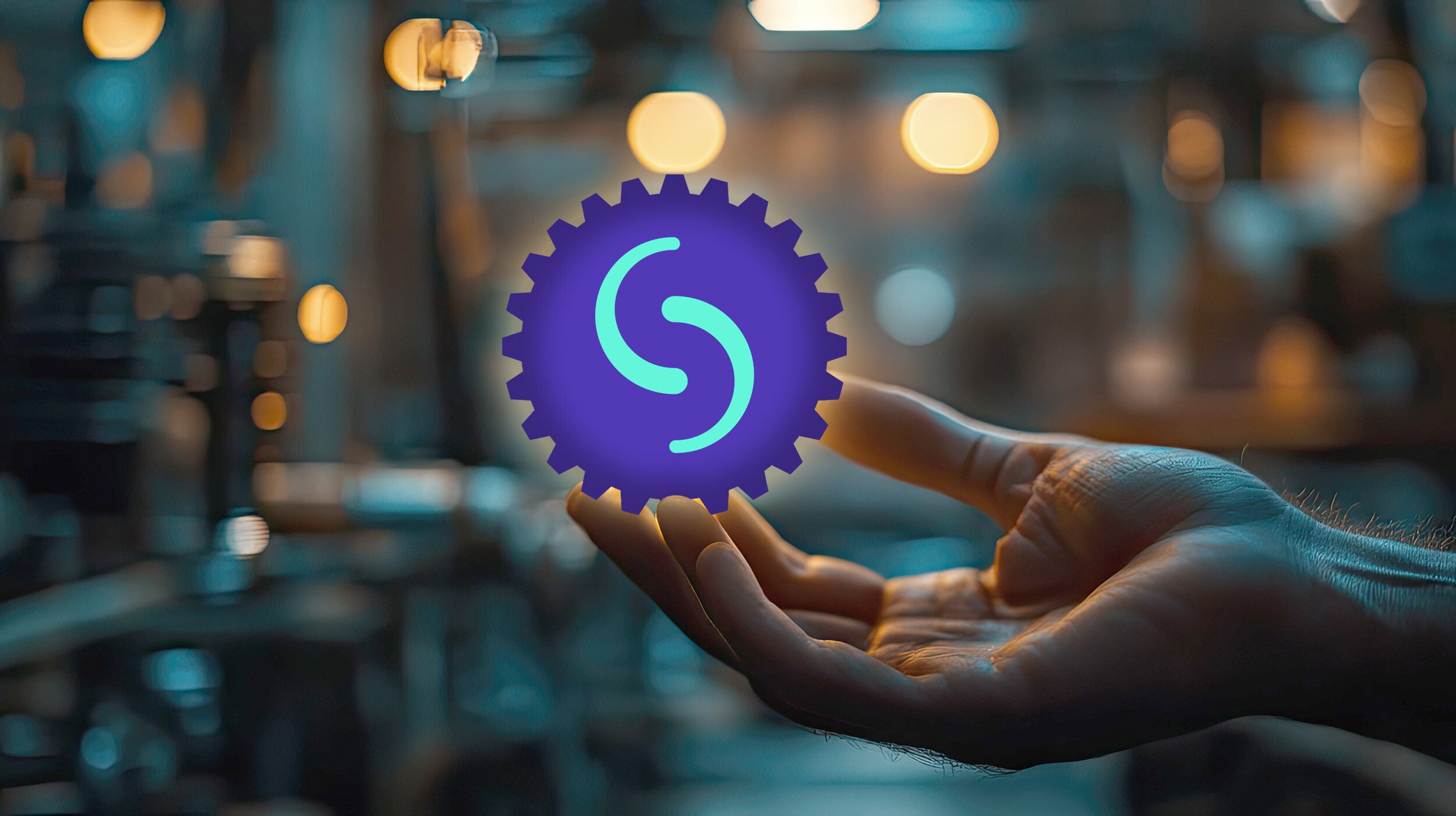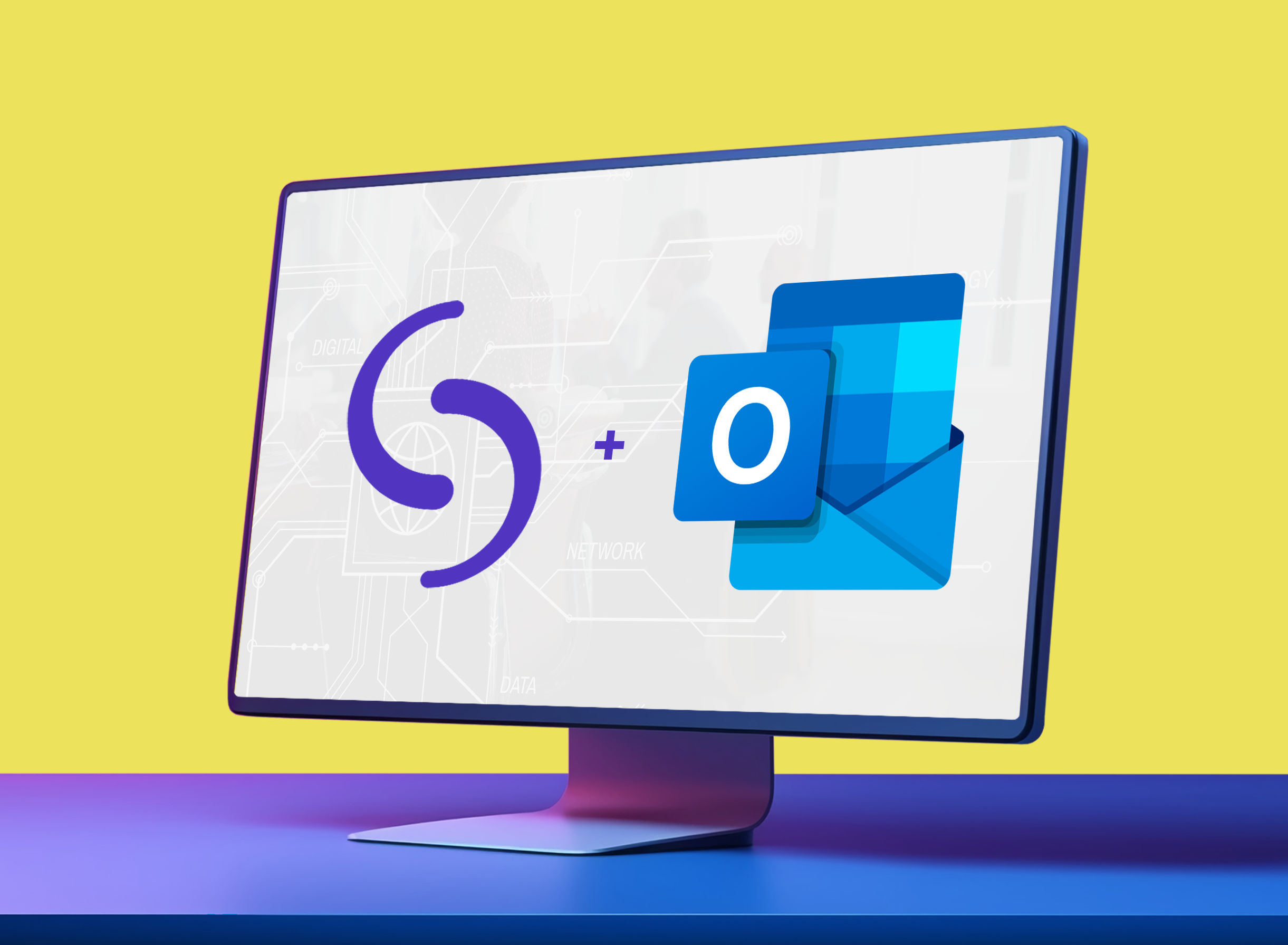Contents
Mergers and acquisitions (M&A) are designed to unlock growth, streamline operations, and accelerate innovation. Yet, one of the biggest risks during integration isn’t financial, it’s the loss of critical knowledge.
When two organizations come together, knowledge silos, cultural clashes, and disparate systems can stall synergy realization. For senior leaders, integration managers, and knowledge management leads, mastering post-merger knowledge sharing is essential to ensuring operational continuity and maximizing deal value.
Why Knowledge Sharing Breaks Down After a Merger
During post-merger integration, both organizations bring unique expertise, processes, and institutional knowledge. However, several challenges often get in the way:
- Fragmented Systems – Each company may rely on different enterprise platforms, intranets, or collaboration tools. Without integration, knowledge becomes scattered and inaccessible.
- Cultural Barriers – Employees often remain loyal to their legacy company, creating reluctance to share expertise across newly formed teams.
- Knowledge Attrition – Mergers trigger turnover. When key employees leave, undocumented know-how exits with them.
- Information Overload – With so much data coming from both sides, employees struggle to find the right answers quickly, leading to duplication and inefficiency.
For integration leaders, the cost of these challenges is high: stalled decision-making, missed synergies, and frustrated employees.
The Business Value of Effective Post-Merger Knowledge Sharing
Effective knowledge sharing is not just an IT or HR initiative—it’s a driver of merger success. By addressing these challenges proactively, organizations can:
- Accelerate Synergy Realization
Cross-pollinating expertise helps uncover new efficiencies faster.
- Preserve Institutional Knowledge
Capturing tacit knowledge reduces dependency on individual employees.
- Building Collaboration Across Legacy Teams
Building a single source of truth fosters trust between legacy teams.
- Strengthen Agility
With faster access to the right knowledge, leaders can make confident, data-driven decisions.
Best Practices for Tackling Knowledge Sharing Challenges
1. Establish a Knowledge Integration Strategy Early
Knowledge sharing should be a dedicated workstream in any integration plan. Define ownership, governance, and success metrics upfront. Senior leaders must communicate the strategic importance of knowledge integration to drive buy-in across the organization.
2. Prioritize People and Culture, Not Just Technology
While systems integration is crucial, cultural alignment is often the bigger hurdle. Create forums where employees from both organizations can collaborate on problem-solving. Recognize and reward behaviors that promote openness and cross-company knowledge exchange.
3. Map Critical Knowledge Domains
Not all knowledge is equally valuable. Identify high-impact areas, such as regulatory expertise in life sciences, risk modeling in finance, or supply chain processes in manufacturing. Focus on capturing and connecting knowledge in these mission-critical domains first.
4. Invest in Smart Knowledge Sharing Tools
Traditional intranets and document repositories often fall short in dynamic post-merger environments. Employees need intuitive solutions that:
- Surface the best answers automatically
- Reduce duplication of effort
- Integrate seamlessly into existing workflows
This is where AI-powered knowledge networks, like Starmind, play a pivotal role. Instead of relying on static repositories, AI dynamically connects employees with the expertise they need, no matter where it resides in the new organization. Likewise, effective post-merger integration depends on unlocking tacit knowledge across both organizations. Starmind provides a unique way to surface, map, and route expertise in real time, ensuring that critical knowledge is not lost and collaboration accelerates.
5. Reduce the Burden on Employees
One of the biggest frustrations during post-merger transitions is the expectation that employees manually upload and curate knowledge. Adoption suffers when tools add more work. Intelligent platforms remove friction by learning from existing data and interactions, delivering insights without requiring heavy manual input.
6. Ensure Secure and Compliant Knowledge Sharing
In regulated industries, compliance is non-negotiable. Implement solutions that respect data security and privacy requirements while still enabling seamless knowledge flow. This balance reassures both IT decision-makers and compliance teams.
The Role of AI in Post-Merger Knowledge Sharing
AI-driven platforms such as Starmind offer a future-ready solution to one of the hardest aspects of integration: connecting people and expertise across boundaries. Key advantages include:
- Real-Time Access to Expertise – Employees can get answers from across the organization instantly. Furthermore, you can use the insights dashboards to track knowledge flow and spot gaps.
- Reduced Knowledge Loss – Institutional knowledge is captured and shared, even as employees transition out. An anonymized Q&A feature with peer review provides validated insights without losing valuable tacit knowledge.
Seamless Integration – Works with existing enterprise systems, avoiding disruption. Expert Finder and Knowledge Suite interfaces within existing tools like Teams and Slack. - Scalability – Whether merging two teams or two global enterprises, AI adapts to organizational complexity. Starmind creates automatic mapping of expertise (with no manual upkeep).
By leveraging AI, organizations shift from reactive knowledge management to proactive knowledge intelligence, giving leaders a clear competitive advantage during integration.
Move from Knowledge Silos to Knowledge Intelligence
The success of a merger or acquisition hinges on more than financial engineering; it depends on how well knowledge flows across the newly combined enterprise. Leaders who tackle the challenges of post-merger knowledge sharing head-on can preserve institutional expertise, accelerate synergies, and build a culture of collaboration from day one.
For integration innovators seeking to move beyond static repositories and knowledge silos, AI-powered solutions like Starmind provide a smarter, more scalable way to ensure knowledge becomes a catalyst, not a barrier, to merger success.



